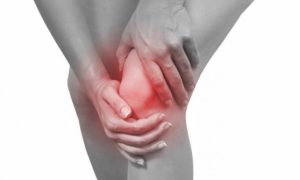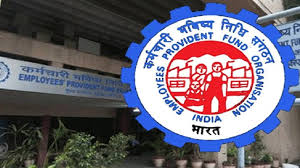A recent study published in Kidney International Reports suggests that drinking 2-3 cups of coffee per day may reduce the risk of kidney injury by 23%
Coffee is a beverage that is consumed by many worldwide. If you too love drinking coffee, here’s a piece of good news. A recent study published in Kidney International Reports suggests that drinking 2-3 cups of coffee per day may reduce the risk of kidney injury by 23%. However, the existence of the link between acute kidney injury and coffee hasn’t been revealed yet.
Senior Director & HOD at Nephrology & Renal Transplantation department of BLK Max Super Speciality Hospital, Dr Sunil Prakash told The Indian Express, “It is a fairly big study and is being looked at with interest as researchers investigated the effects of coffee consumption on acute kidney injury (AKI) when the kidneys lose all or part of their function suddenly. They found that drinking any amount of coffee reduces the risk of acute kidney injury but that 2-3 cups per day is most beneficial. One cannot rule out the effect of personal bias and methodology of data collection in bringing out the vaunted conclusions.”
Coffee contains compounds like caffeine, diterpenes and chlorogenic acid which may be beneficial for health. Other compounds in coffee like chlorogenic acid and trigonelline are known for reducing generalised inflammation and oxidative stress, but these compounds are less studied.
Although many reports suggest coffee can be beneficial, Dr Sunil Prakash advised people not to jump to conclusions as of now as it is a popular drink and the positive inference about the beverage will obtain the attention of millions of people on media. He warns people by saying, “Although caffeine increases renal flow, it is also implicated in causing renal stones.”
The doctor concluded by saying that coffee might play a role in reducing AKI, but people should not jump to conclusions till the time all other medical factors are properly considered.
DISCLAIMER:Disclaimer: The above article is only for information purposes and should not be considered professional medical advice. For further questions, we strongly recommend you consult a health expert.





































